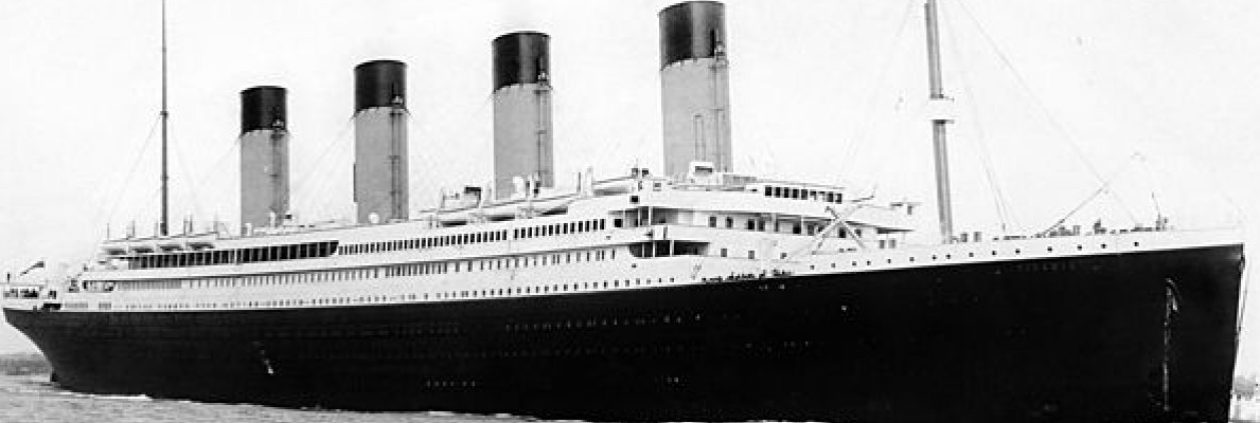
Saint Lucy is the patron saint of the blind and eye disorders and her feast day used to coincide with the Winter Solstice which is the day often celebrated as a festival of light in many places. Many stories and legends have become associated with her but research has failed to substantiate many of them. It is known she lived in Sicily early in the fourth century and was persecuted and executed for her faith. One story that is likely true is that she was denounced as a Christian by a suitor after she turned him down because of her faith. She faced torture and death for her beliefs. Because it is believed she was blinded during Roman torture, she is the patron saint of the blind.
Her feast day is celebrated in Scandinavian countries as a festival of light during the long winter night. A young girl in a white dress and red sash carries palms and wears a wreath of candles on head. Special rolls or cookies are made for the day and often handed out to the elderly. It is also celebrated in parts of Italy particularly in Sicily and in many places of the world today. There are many churches dedicated to her and the island of Santa Lucia in the Caribbean is named for her.
Further Information:
https://www.catholiccompany.com/getfed/st-lucy-feast-day-lights-sweets/






 Photo:Public Domain
Photo:Public Domain

